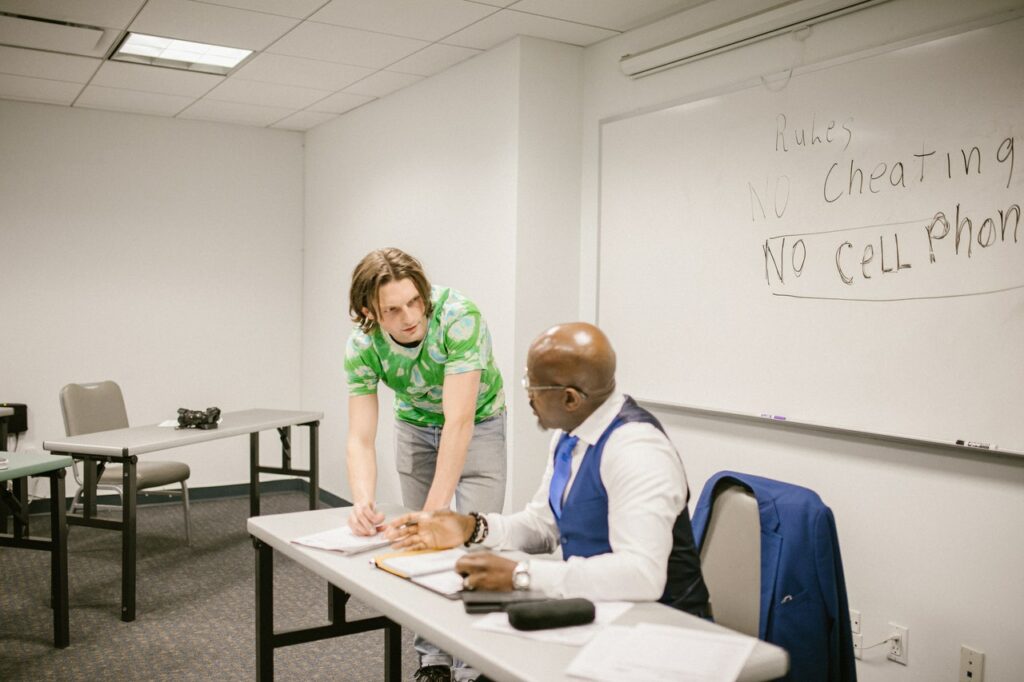Disability & Self-Advocacy at College – 4 Easy Steps
Going from high school to college can feel like an overwhelming experience. Therefore, as a new college student, self-advocacy becomes critical for your disability and accommodation needs. If you are a student with a disability, the experience may seem rather challenging. The reality is that most colleges make the procedure easy to follow.
1. Self-Identify
You begin your college life with an application to the college. Some colleges have strict admission standards, but the college will not deny entrance based solely on your disability. After you have completed your application, you should self-identify with the Disabilities Office at the college. This is where self-advocacy begins for students with disabilities. Your name and disability information does not automatically transfer to the college. The college will have no idea that you need any accommodations. To solve that problem, you must be a self-advocate and speak to the people who work in Disabilities Services. As long as you are 18 or older, you are the legal adult. The college is bound by FERPA rules of confidentiality. Your parents cannot speak for you on your behalf. As a result, good self-advocacy becomes so very important.
2. Learn Documentation Guidelines
When you meet with the staff in the Disabilities Services offices, they will discuss documentation guidelines with you. Some colleges take IEPs and 504 plans from high school. Other colleges will want to see updated testing for a learning disability that uses adult norms. For disabilities such as medical conditions, psychological diagnoses, or physical challenges, documentation will likely be an official letter or medical report. Every college determines its own disability documentation guidelines, so you will need to investigate the correct procedure for your school. This is also the best time to discuss possible assistive technology you may need, especially if you need braille text or sign-language interpreters. That assistive technology could take additional time to arrange.
3. Arrange ACT or SAT Testing
If you took ACT or SAT scores before applying to college and your scores are good, then you likely do not need any additional testing. However, if your ACT or SAT scores do not exist or are too low for college level work, you may need additional placement testing. You should meet with Disabilities Services prior to taking your college placement tests. You may qualify for accommodations on the tests. Placement tests determine the courses you will begin taking at college. Consequently, poor placement test scores could impact your schedule and graduation time line.
4. Discuss Accommodations
Once you have established a class schedule at college. you should revisit Disabilities Services to get accommodations and/or assistive technology. In most cases, you will be the person who discusses the accommodations with your professors. The important point to remember is to keep the people who work in Disabilities Services informed if you have any issues, concerns, or problems with your accommodations. This is likely the only way they will know what you need. Do not expect the professors to report your needs to Disability Services. In most cases, you cannot go back and get a “do-over” if you failed to follow through ahead of time with your concerns.
When you were in high school, everybody told you what to do and when to do it. Once you are in college, you will need to follow up with things yourself. Be ready to be a self-advocate and make certain that you meet as often as necessary with your professors and Disability Services.



